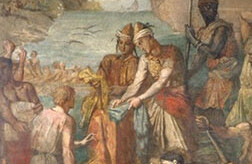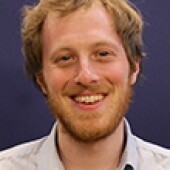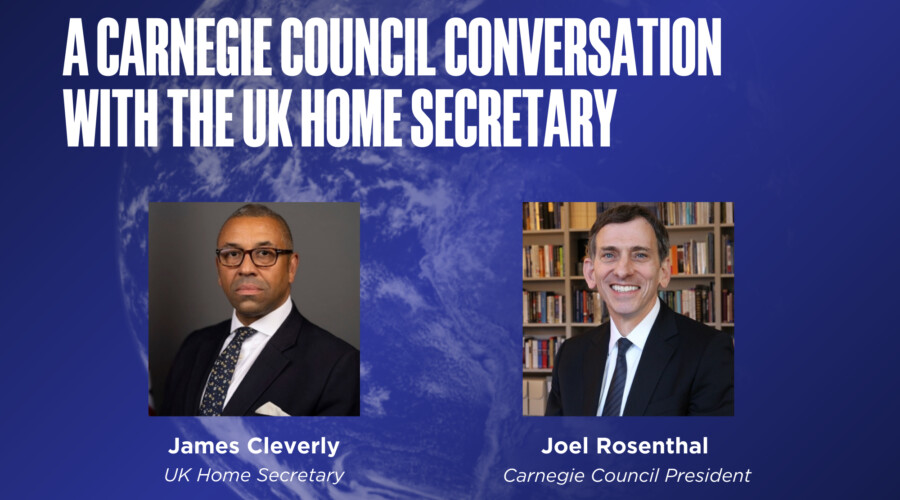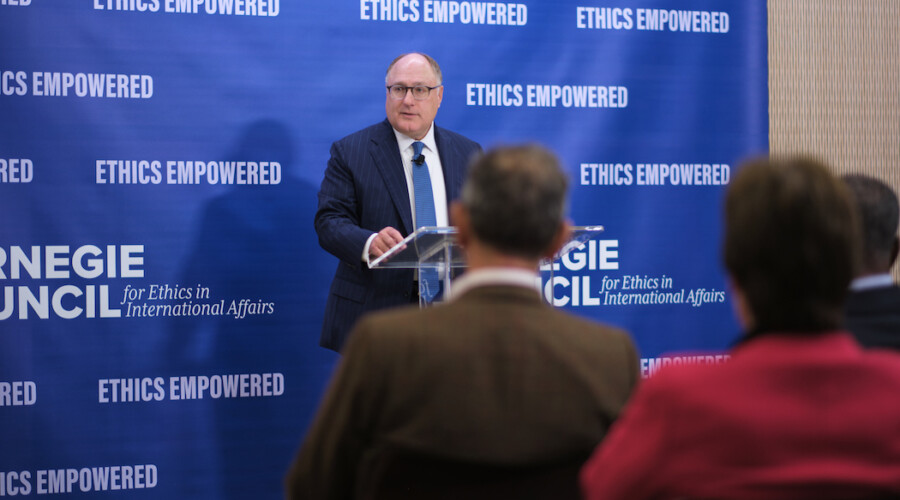This review essay was originally published in the Los Angeles Review of Books on April 8, 2013 and is reposted here with kind permission. To read it in full, please visit their website.
Philosophers and poets have always known that we contain multitudes. At any given moment of any given day, we conceive of ourselves in vastly different terms, and these conceptions are often irreducibly distinct from each another. Some of the foundational ideas we have about ourselves skirt parallel planes and never meet, receding and irrupting in tandem—akin to the point where the shoreline meets the ocean but never manages to touch it—while others forcefully battle each other for supremacy, with few clear victories and many more wars of attrition. I, for instance, am simultaneously a son, husband, and friend; a New Yorker, American, and Ashkenazi Jew; a political being and a strenuously apolitical one; a manager and a worker (which confounds classic ideas about my class positioning); I am extraordinarily advantaged by global standards (thanks to what has been rightfully called “the birthright lottery”), but significantly less advantaged according to local ones. Moreover, I speak a language (a language, as I am embarrassingly monolingual) that I was born into as part of my inheritance—I had no more choice in the matter than I did in choosing my parents—which is the foundation for a symbolic world that mediates all of my experiences, and in some sense creates them. These sources of the self, intermingling and interpenetrating one another, form a core part of who I feel I am and who others believe I am.
"Plurality," wrote Hannah Arendt in 1958, "is the condition of human action because we are all the same, that is, human, in such a way that nobody is ever the same as anyone else who ever lived, lives, or will live." This single, paradoxical fact—"that men, not Man, live on the earth and inhabit the world"—governs all others. We are dazzlingly variegated creatures, and the full extent of our diversity, in our beliefs, mores, appearances, and behaviors, is itself beyond human conception, because our inherent transience (we are born and we die) means that no one really knows what humankind is at any given moment. Humanity is a continuum and not a constant.
Yet, striking as this fact is, it is the uniform condition of our plurality that makes human experience human. Our differences do not hermetically seal us from others; they are what make our shared experiences possible, and intelligible. The common threads of humankind only become apparent when transposed against our differences. No human being wants to suffer. All of us desire happiness, or the opportunity for human flourishing (what Aristotle called eudemonia). We all possess the capacity to act as rational beings, and therefore, as Immanuel Kant (and many philosophers after him) argued, are endowed with an inherent worth and dignity. The moral equality of every human being is just as fundamental as the hierarchies or differences that foreground the human condition.
Nevertheless, as David Cannadine argues in his wide-ranging work of historical synthesis, The Undivided Past, human history (and history-writing) has more often been characterized by an emphasis on our divisions than on our commonalities. Worse, these divisions have generally been portrayed as fixed and unchanging—in other words, transhistorical, existing outside of their particular manifestations in certain times and places. For Cannadine, it is the categories of religion, nation, class, gender, race, and civilization that constitute the core cleavages (falsely) dividing us from one another. These six concepts form the schematic taken up, and eventually ground down, by The Undivided Past. As Cannadine attempts to show, ruptures along these lines only occur under the most exceptional of circumstances. In reality, he argues, human interaction on both a large and small scale is characterized by a complex coexistence, one that is far more salient and enduring than is normally portrayed.
To read this article in full, please click here.




